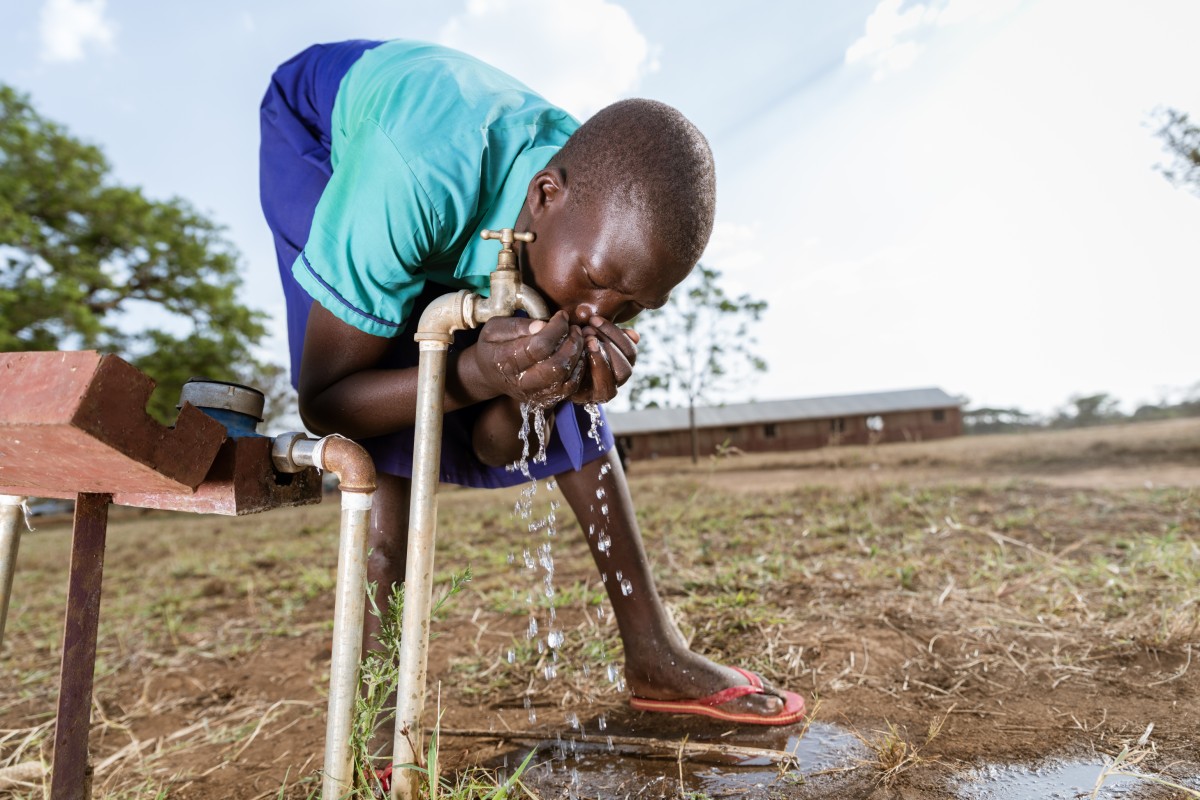What about the right to water?
Can you cut off households from a basic supply such as drinking water? Or gas? The latter was subject of heated debate in the Netherlands, as a consequence of the energy crisis in Europe. Gas bills are soaring, and millions of middle-income families – not just the most vulnerable – are not able to pay them anymore. The minister for Climate and Energy felt compelled to declare that no one should be cut off from gas this winter.
Legal battle about the human right to water
It is an interesting development in a legal battle that has been going on for years about the human right to water. Should it be forbidden for drinking water companies to cut off families in the event of payment problems, especially when there are children involved? In other words, is there an absolute right to drinking water, or should there be?
The developments on the right to drinking water in The Netherlands and abroad have been closely followed by associate professor Catherine Brölmann at the Department of International Law at the University of Amsterdam. The climate crisis is increasingly impacting the availability and access to clean drinking water, so the topic is more relevant than ever. Like in many countries, the government will have to unpack what this means for its citizens. Dutch drinking water companies already raised the alarm this summer that they soon cannot guarantee that there will be enough drinking water for everyone.

How do the Human Rights to Water and Sanitation work in practice?
It is good to realise that the human rights to water, which have been derived from the Committee on Economic, Social and Cultural Rights, is not binding for states, Brölmann explains. It wasn’t until 2007 that the Netherlands officially recognised the right. And unlike political or civil rights, social and economic rights are what we call positive rights, which means that the government is bound to work towards something.
What that means in practice, has been the outcome of several court cases that have been held since 2008 in the Netherlands. Especially the question whether a water company can cut off a family with children. One of the recent outcomes was that people have the right to affordable water, but not to free water
Climate Change and Affordability
By 2018, the Dutch government has come up with regulations that ensure that families cannot be disconnected without prior warnings from the drinking water companies. And in case of health risks, or people receiving debt assistance, it’s not possible at all to cut off their water supply. When they do proceed to disconnect, the companies need to supply the households with four days of drinking water.
In the Netherlands, drinking water is still affordable for most. Households pay less than one euro for 1.000 liters of drinking water. But we shouldn’t forget that this isn’t the case in many other countries in the world. In many low-income countries, vulnerable households spend a large chunk of their monthly income to obtain water. Climate change will decrease the availability of clean drinking water, posing a risk to families that are already struggling. A solid, rights based foundation for a fair distribution is therefore more important than ever.
Brechje Oonk

